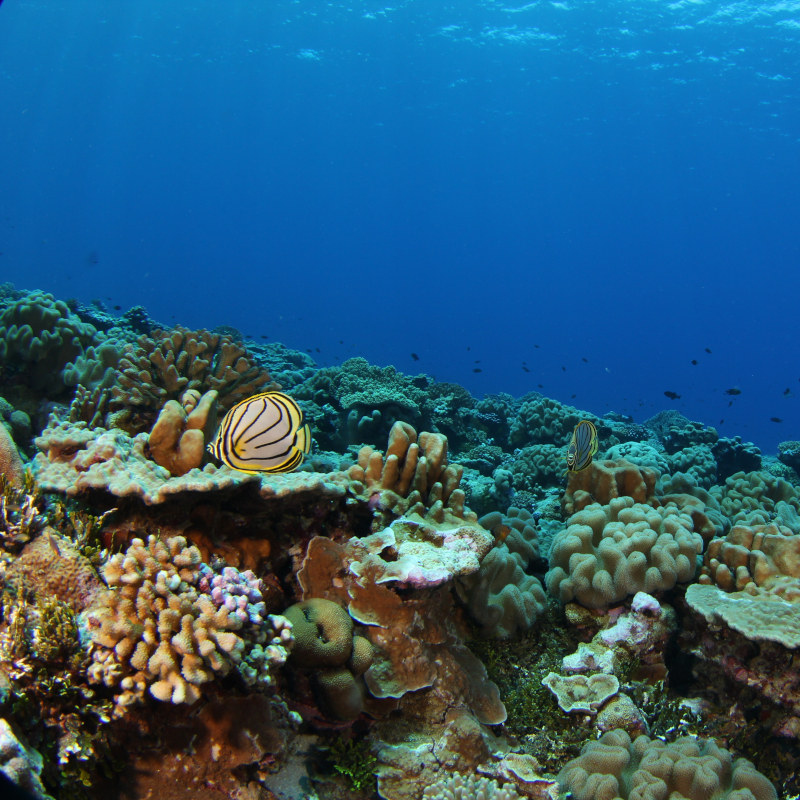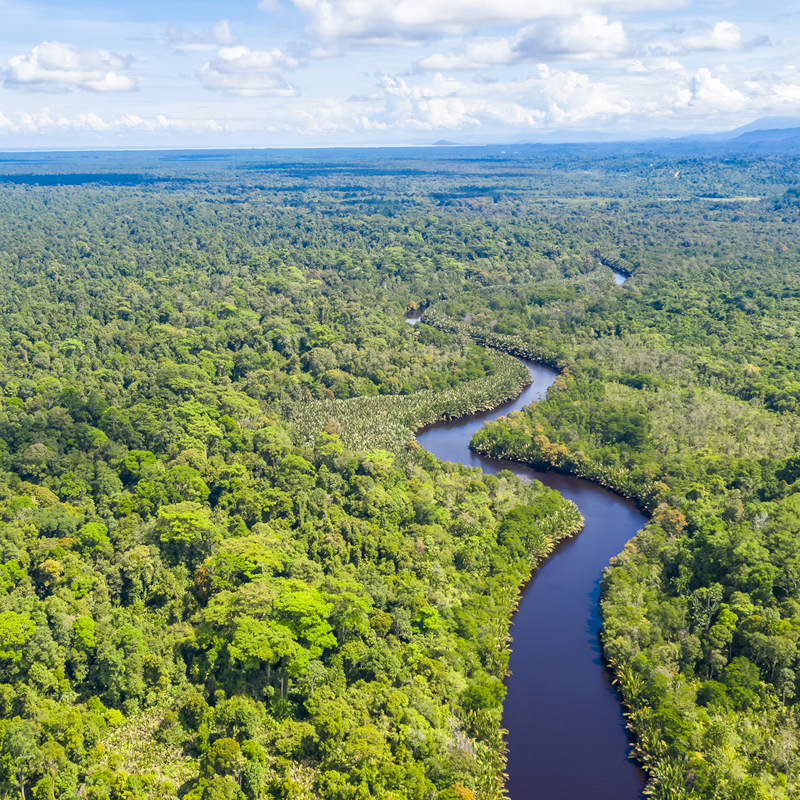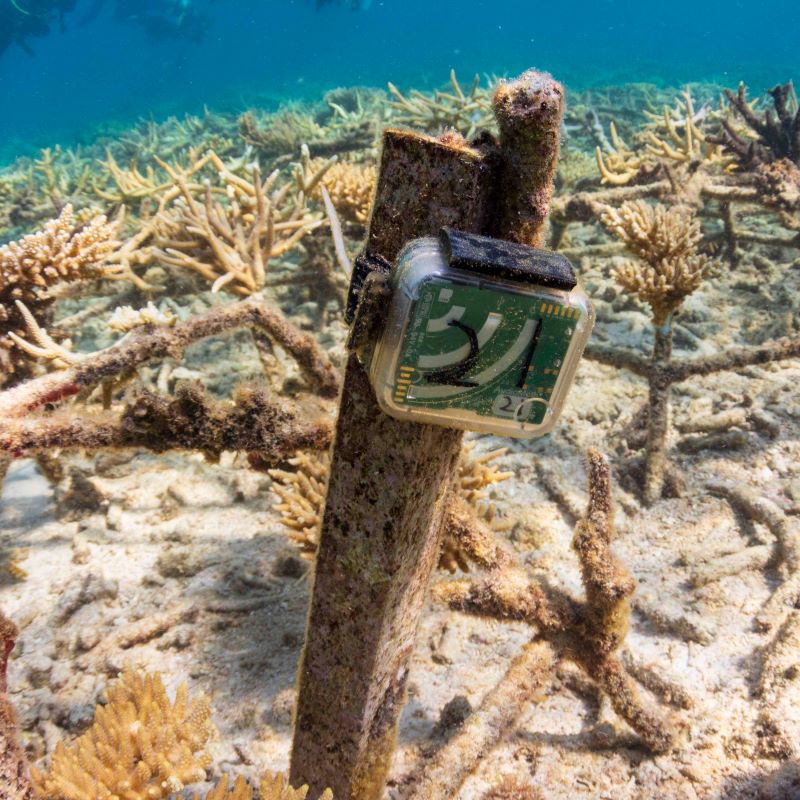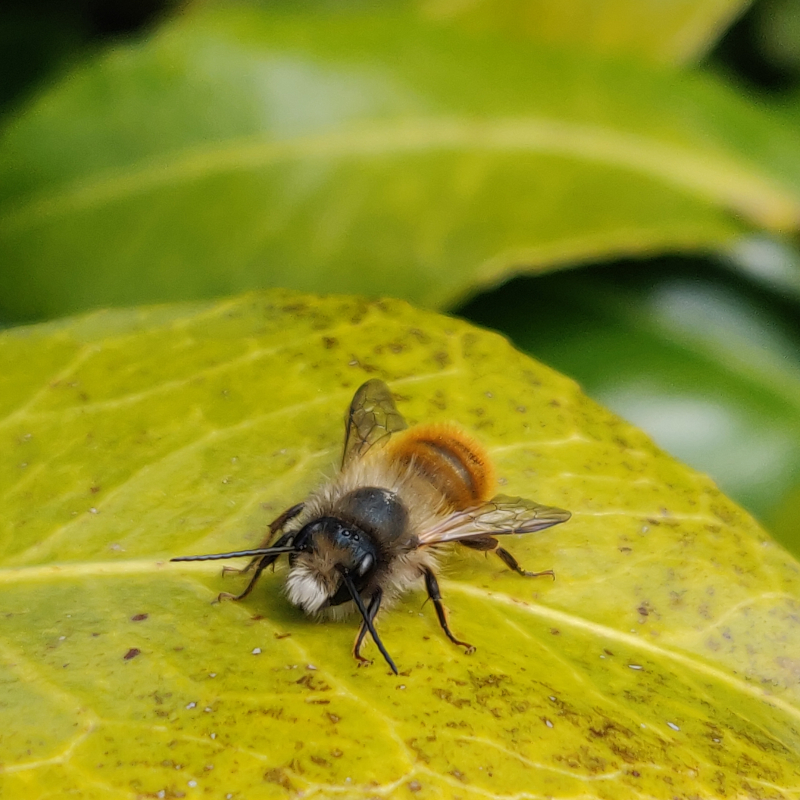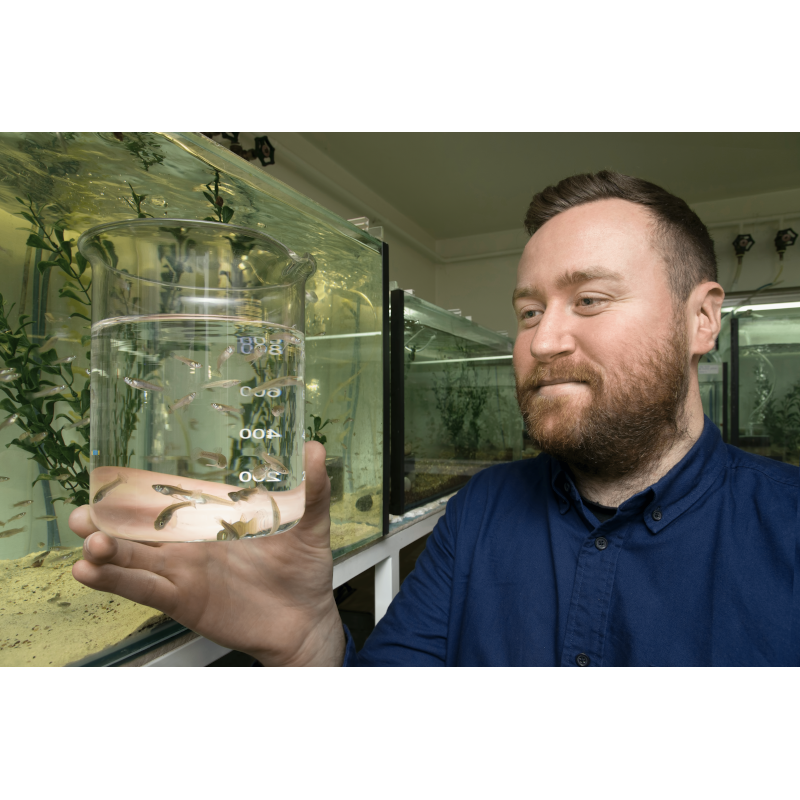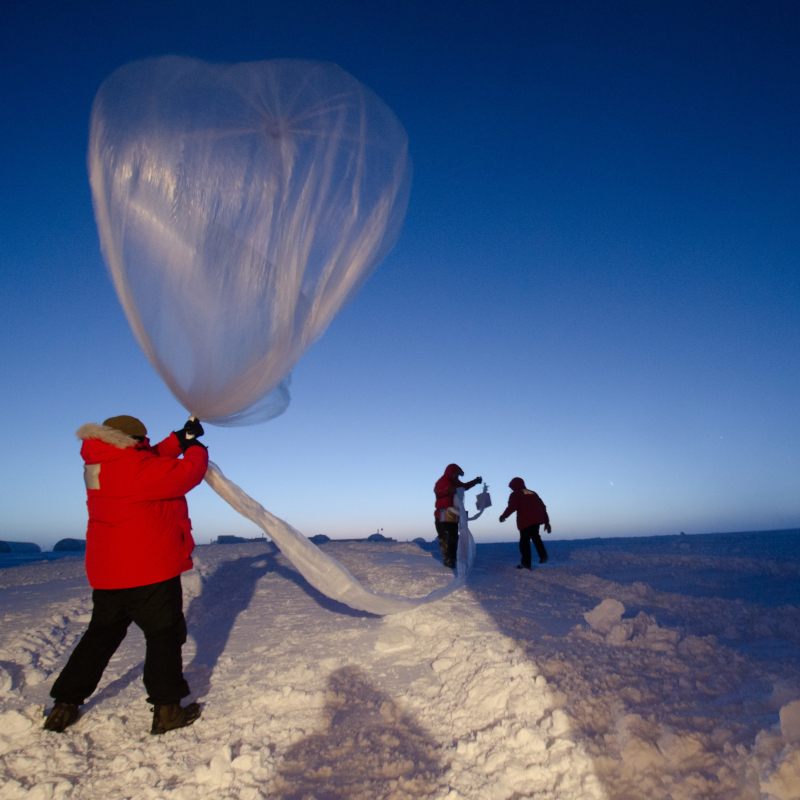Environmental science
The Royal Society journals Philosophical Transactions B, Proceedings B, Biology Letters and Royal Society Open Science publish research articles, reviews and theme issues in all areas of environmental science with a particular focus on climate change, biodiversity and conservation.
Georgina Mace review
In 2024, Proceedings B decided to extend its review portfolio further by introducing a new commissioned review in conservation biology. The aim of the 'Georgina Mace review' is to annually showcase current topics and progress in conservation biology, which will be of general interest to the diverse readership of Proceedings B and is of relevance to policy makers and those tasked with the stewardship of natural resources.
Read the inaugural Georgina Mace review by E.J. Milner-Gulland – What is a unit of nature? Measurement challenges in the emerging biodiversity credit market. EJ is a Professor of Biodiversity at the University of Oxford and is interested in understanding how social, ecological and behavioural factors interact to affect key issues in conservation, and in improving the effectiveness of conservation interventions.
Seminars
Our online author seminar collection features research published in Royal Society journals including articles related to environmental science. Each talk is associated with a recent paper or theme issue. Subscribe for updates.
Latest research
Looking for exciting work in environmental science? Discover top research published by us in recent years.
Philosophical Transactions B theme issues
- Animal culture: conservation in a changing world
- Novel fire regimes under climate changes and human influences: impacts, ecosystem responses and feedbacks
- Bending the curve towards nature recovery: building on Georgina Mace's legacy for a biodiverse future
- Towards a toolkit for global insect biodiversity monitoring
- Bringing nature into decision-making
- Ecological novelty and planetary stewardship: biodiversity dynamics in a transforming biosphere














